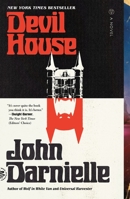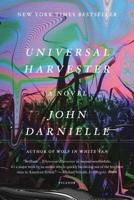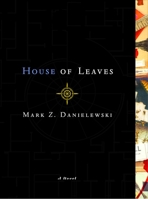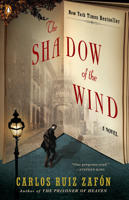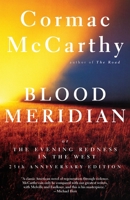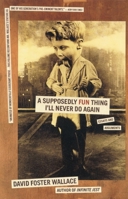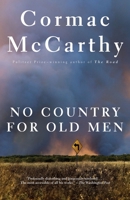Wolf in White Van
Select Format
Select Condition 
More by John Darnielle
Book Overview
Long-listed for the 2014 National Book Award in fictionWinner of the 2015 Alex Award for adult books with special appeal for young adults Beautifully written and unexpectedly moving, John Darnielle's audacious and gripping debut novel Wolf in White Van is a marvel of storytelling brio and genuine literary delicacy. Welcome to Trace Italian, a game of strategy and survival You may now make your first move. Isolated by a disfiguring injury since the age of seventeen, Sean Phillips crafts imaginary worlds for strangers to play in. From his small apartment in southern California, he orchestrates fantastic adventures where possibilities, both dark and bright, open in the boundaries between the real and the imagined. As the creator of Trace Italian--a text-based, role-playing game played through the mail--Sean guides players from around the world through his intricately imagined terrain, which they navigate and explore, turn by turn, seeking sanctuary in a ravaged, savage future America. Lance and Carrie are high school students from Florida, explorers of the Trace. But when they take their play into the real world, disaster strikes, and Sean is called to account for it. In the process, he is pulled back through time, tunneling toward the moment of his own self-inflicted departure from the world in which most people live. Brilliantly constructed, Wolf in White Van unfolds in reverse until we arrive at both the beginning and the climax: the event that has shaped so much of Sean's life. This description may be from another edition of this product.
Format:Hardcover
Language:English
ISBN:0374292086
ISBN13:9780374292089
Release Date:September 2014
Publisher:Farrar, Straus and Giroux
Length:207 Pages
Weight:0.80 lbs.
Dimensions:1.0" x 5.7" x 8.4"
You Might Also Enjoy
Customer Reviews
5 customer ratings | 4 reviews
Rated 1 starsSave your money. Not as good as it sounds
By Delivery Girl, Verified Purchase
I really disliked this. I thought about not finishing, but since it's only about 200 pages, I stuck with it. I thought the author rambled too much with details that were not important. The story jumped around too much, and I didn't think the main character was even likable or relatable. The title was the best part!
0Report
Rated 5 starsLove it
By 453, Verified Purchase
Love it
0Report
Rated 5 starsFirst novel by Mountain Goats’ John Darnielle
By Thriftbooks.com User,
A surprising novel that unfolds slowly, filled with gorgeous sentences. Not like anything else I’ve read. The ending and everything else is like a punch to the heart.
0Report















